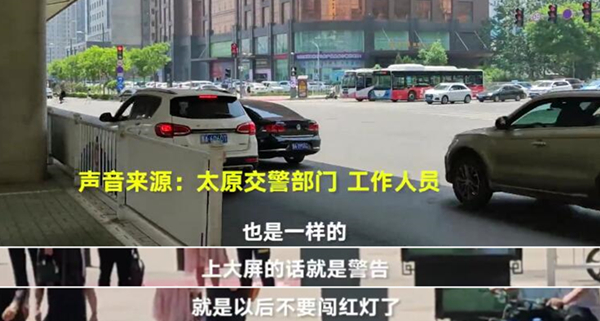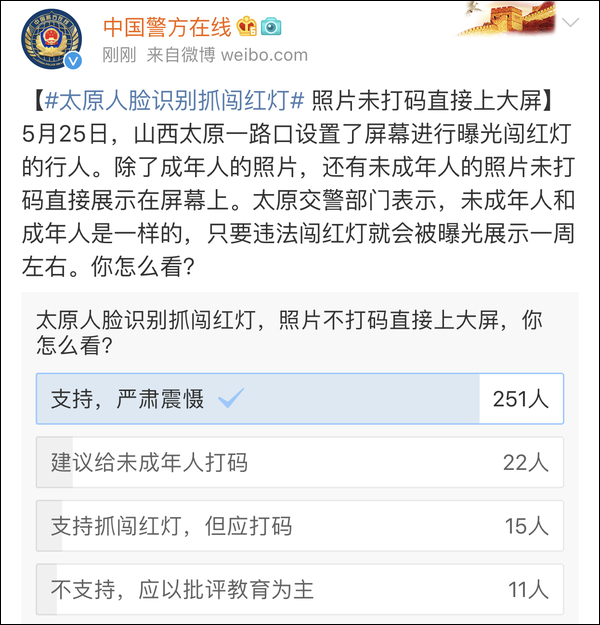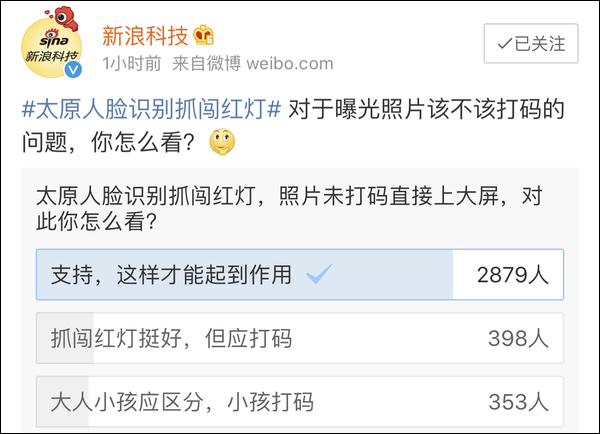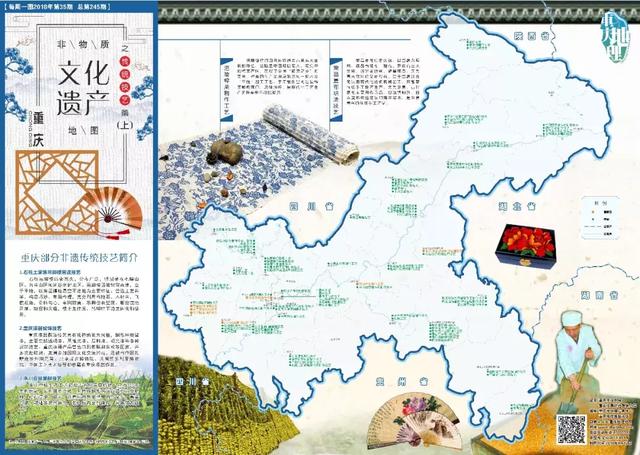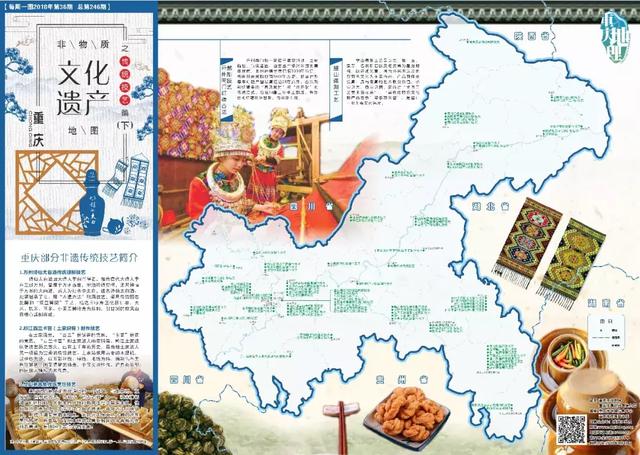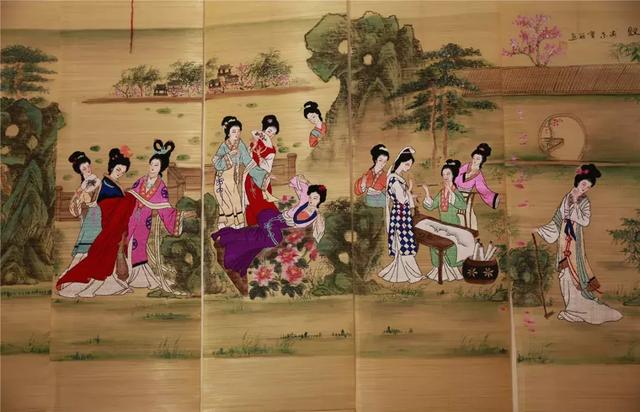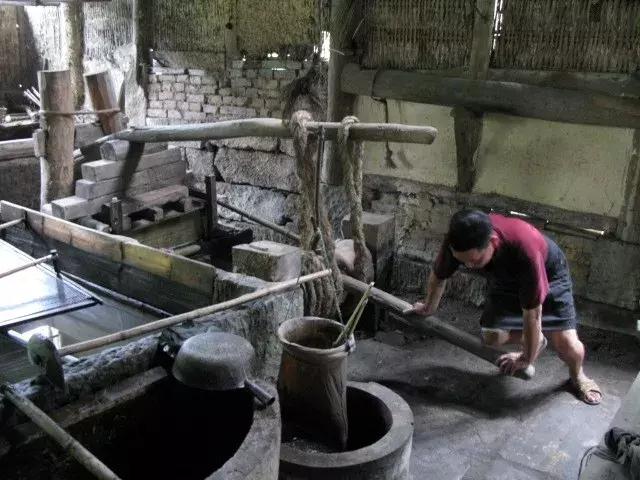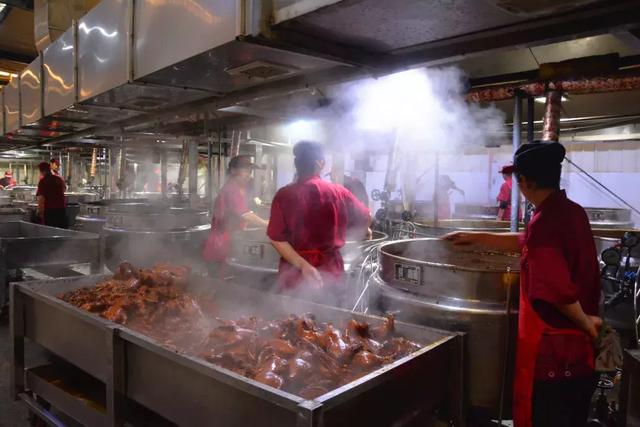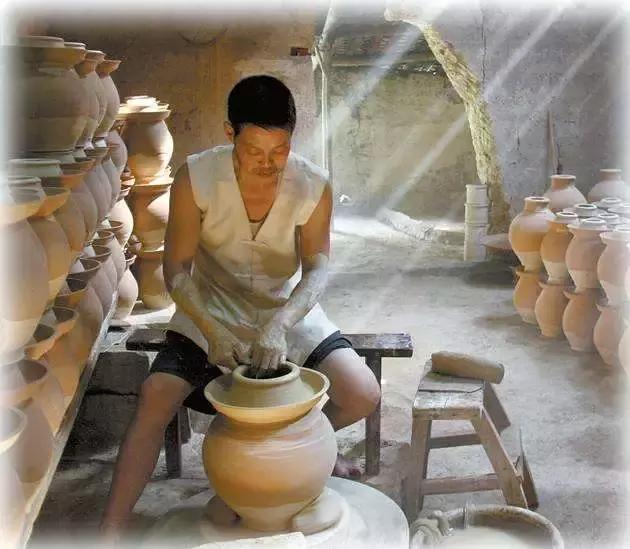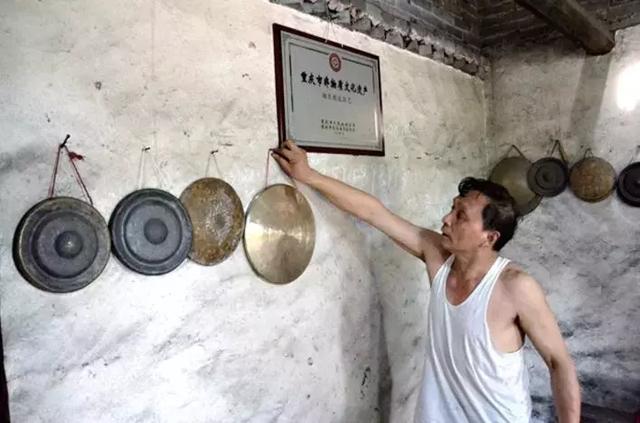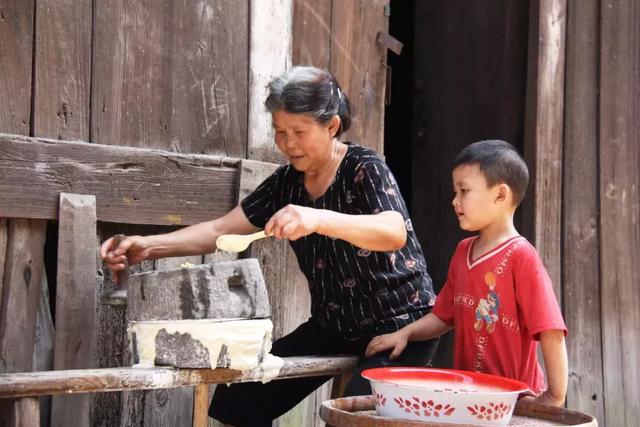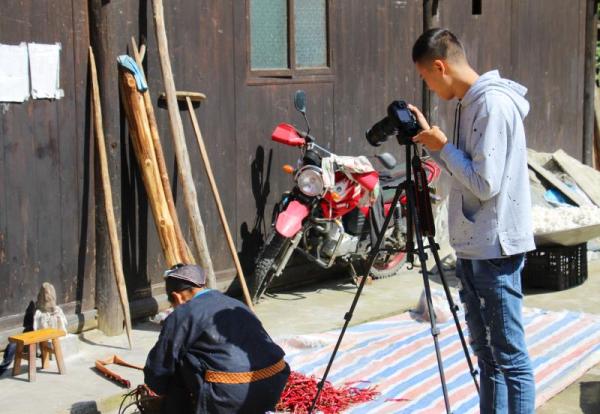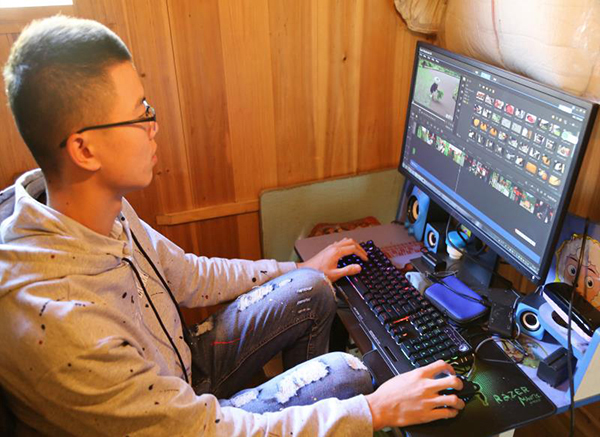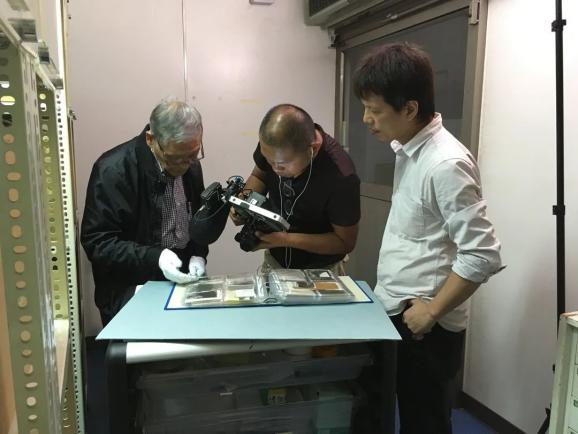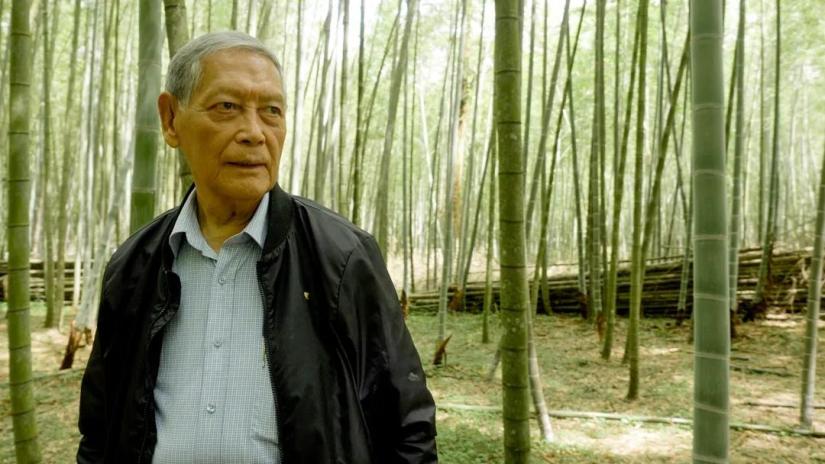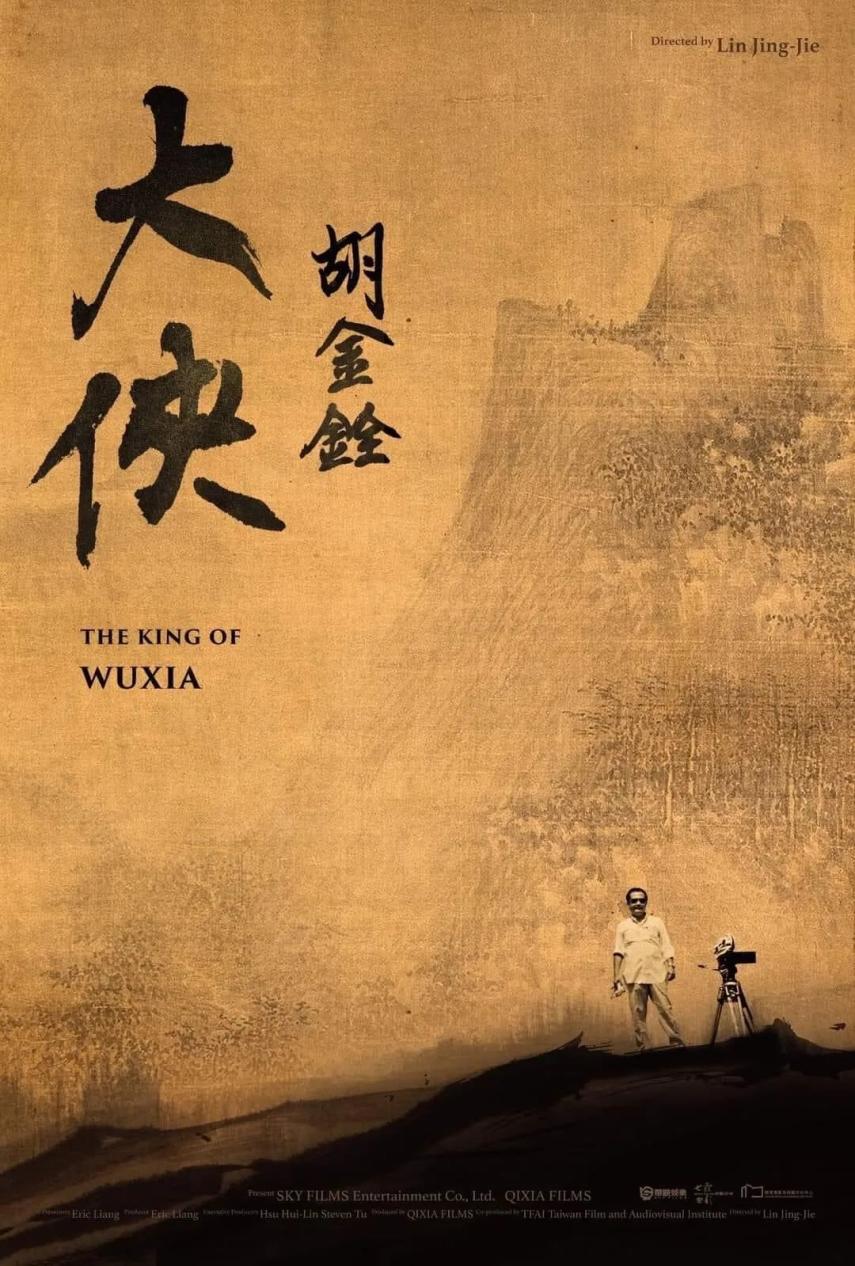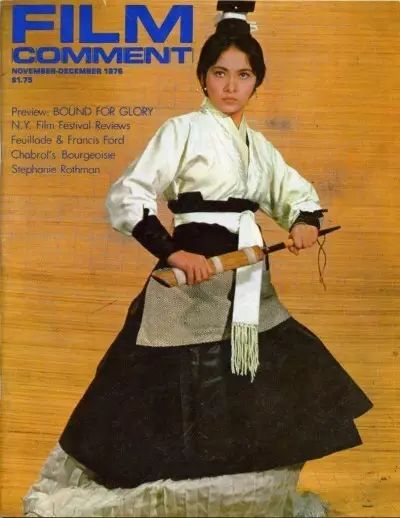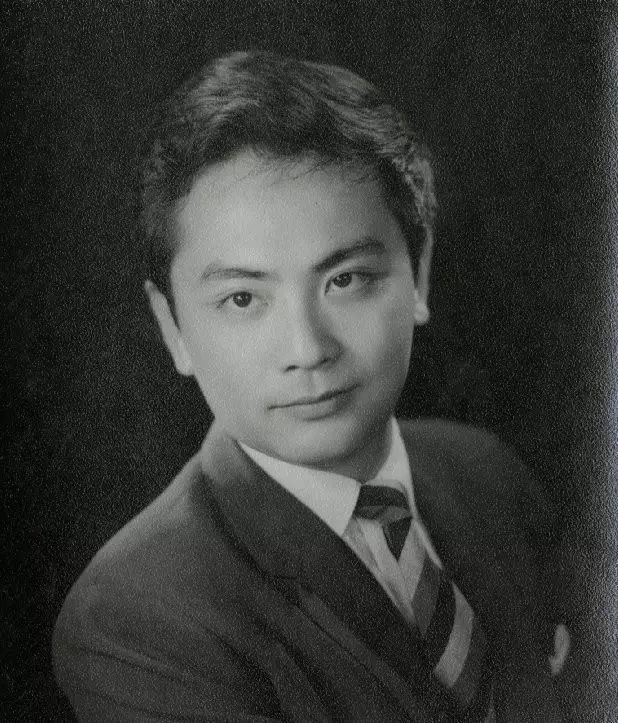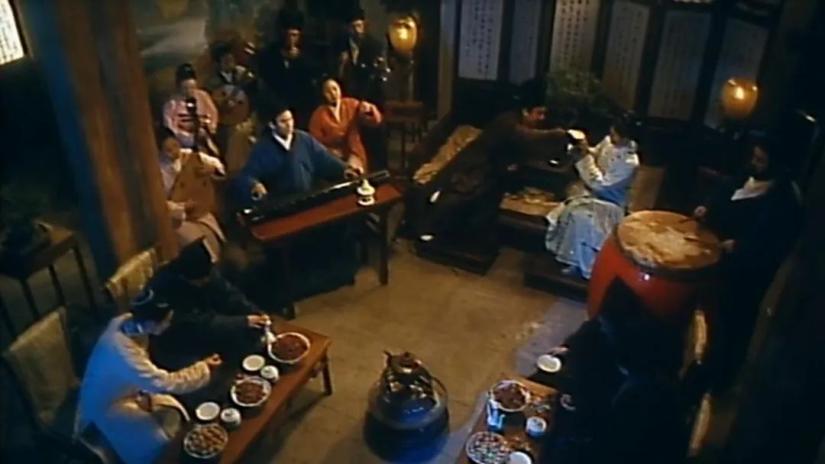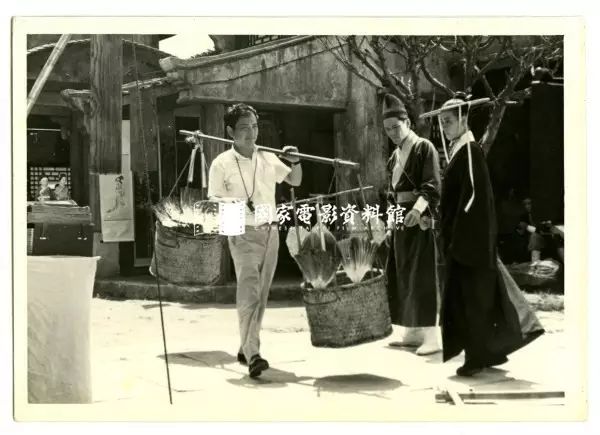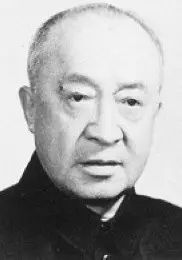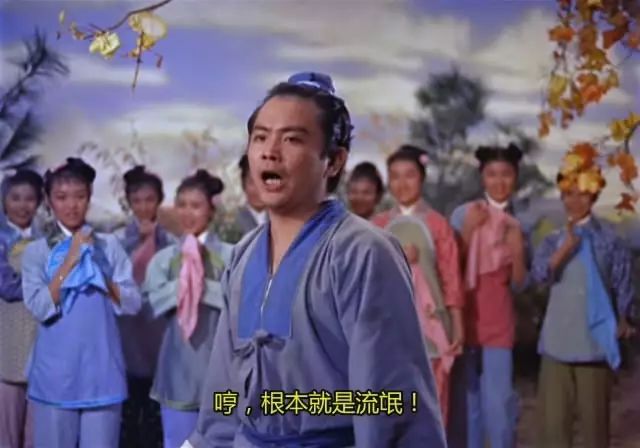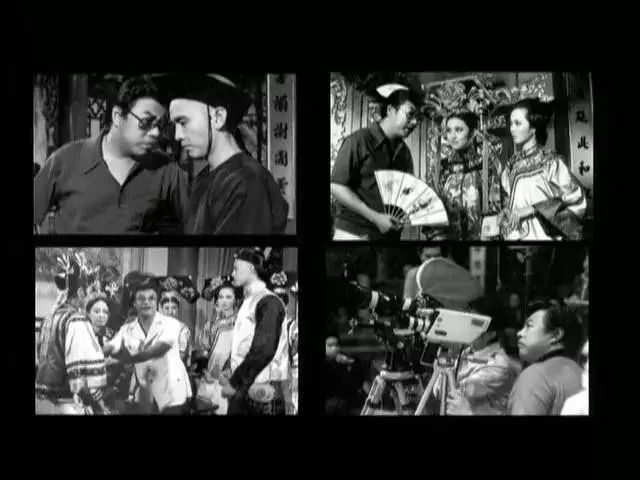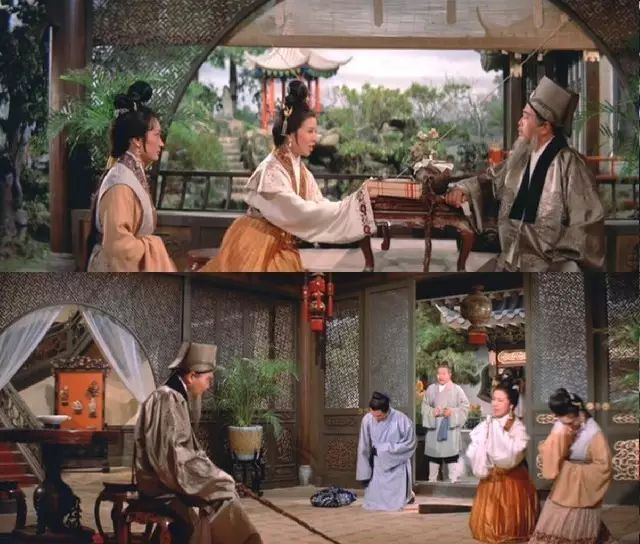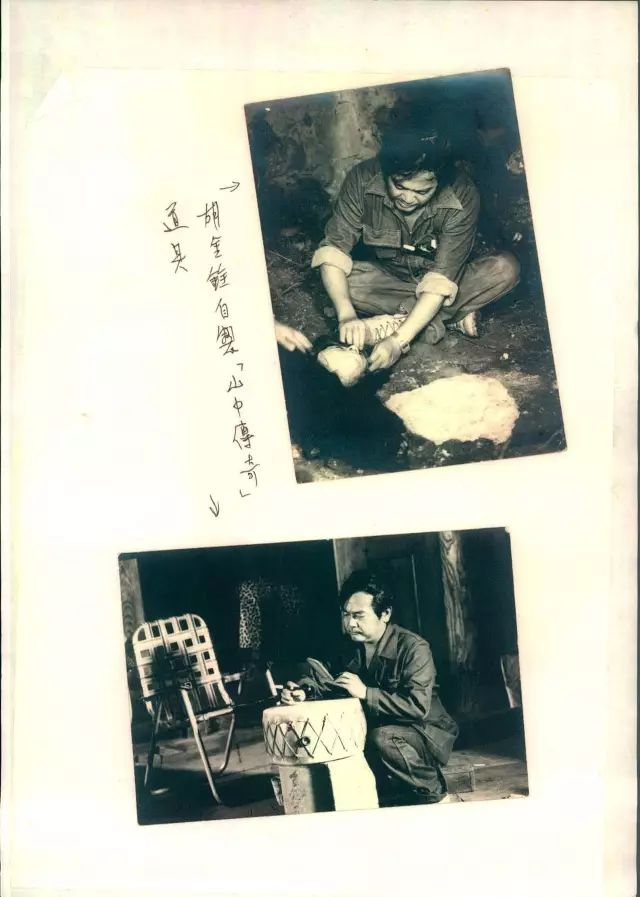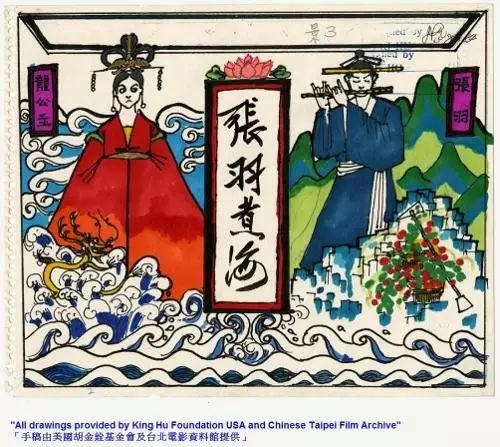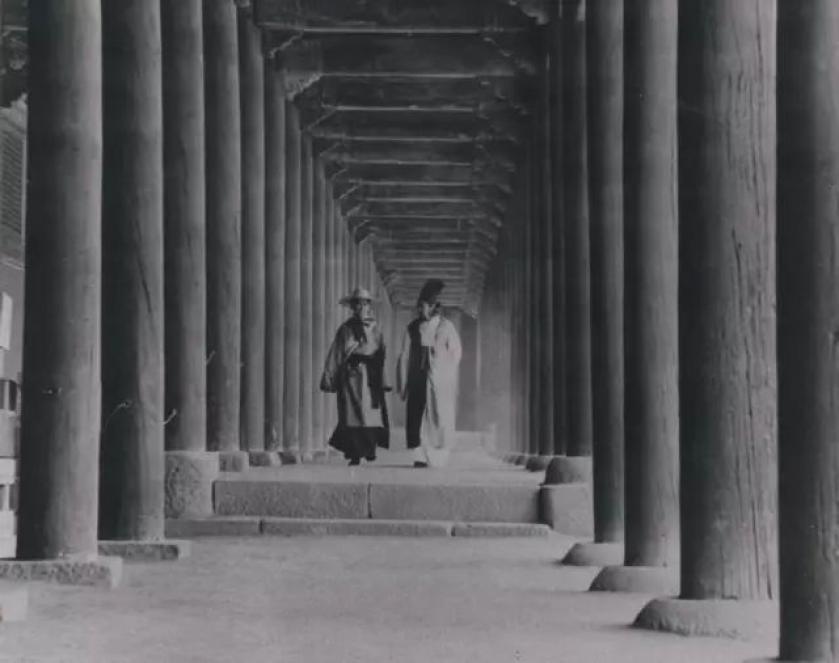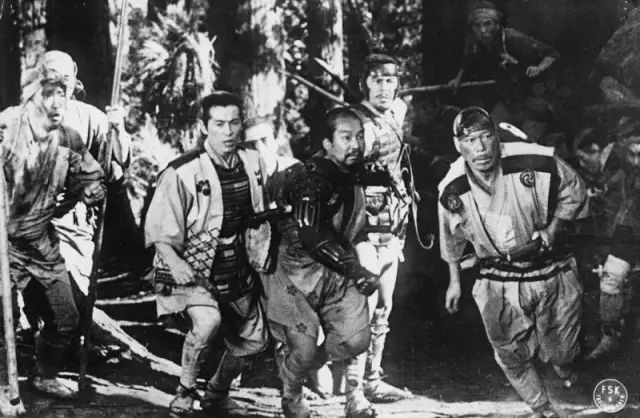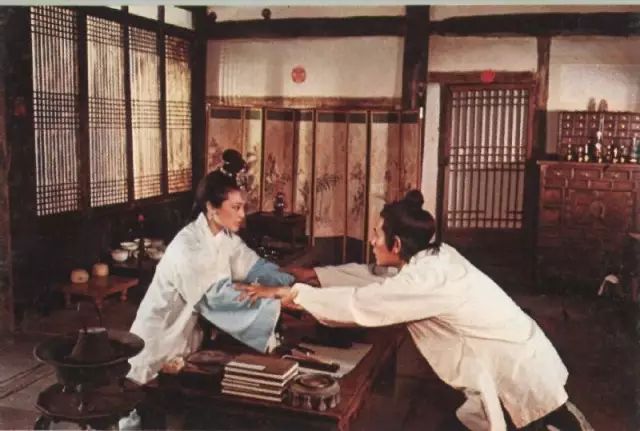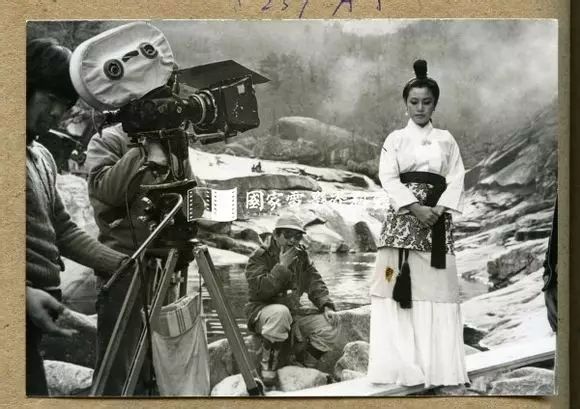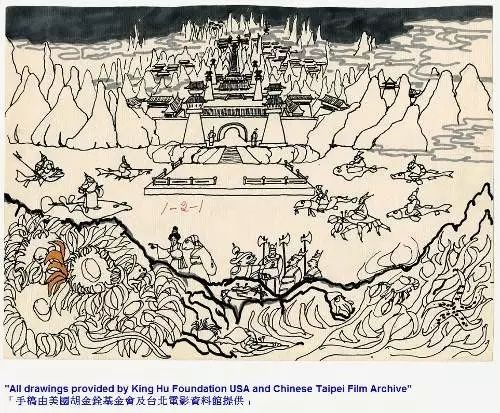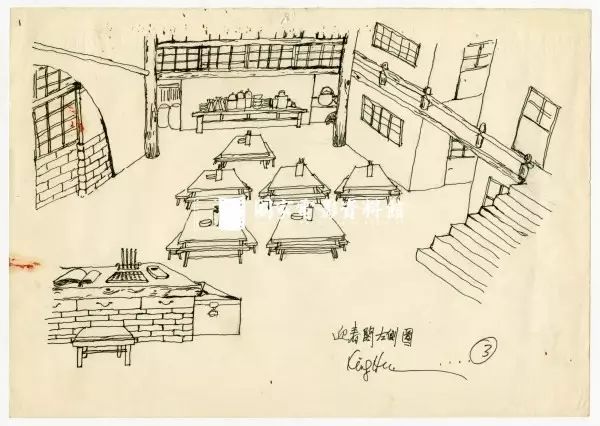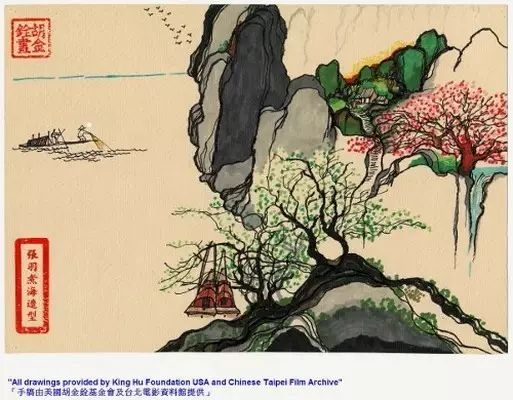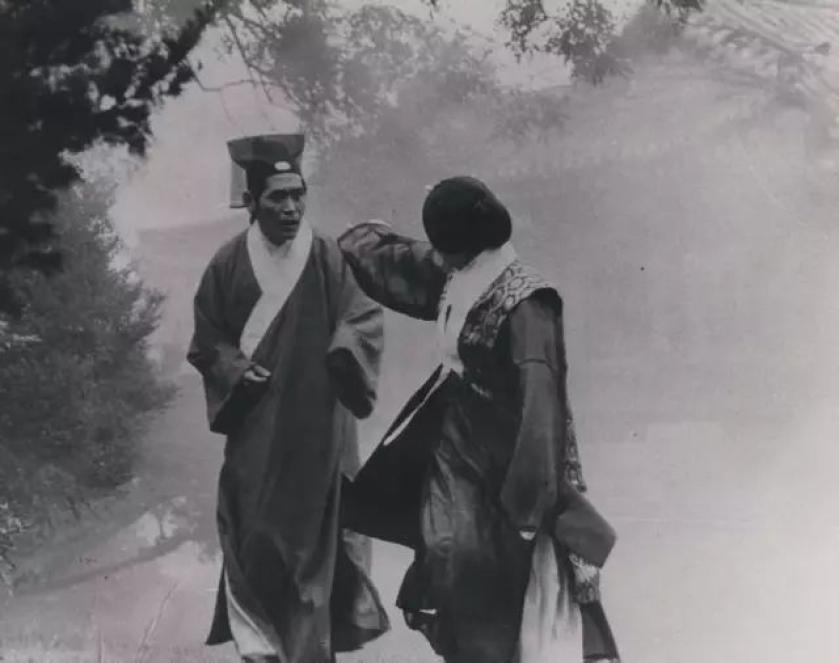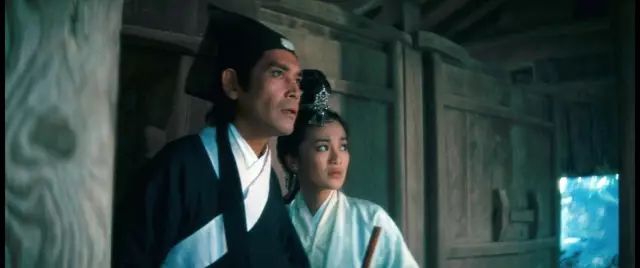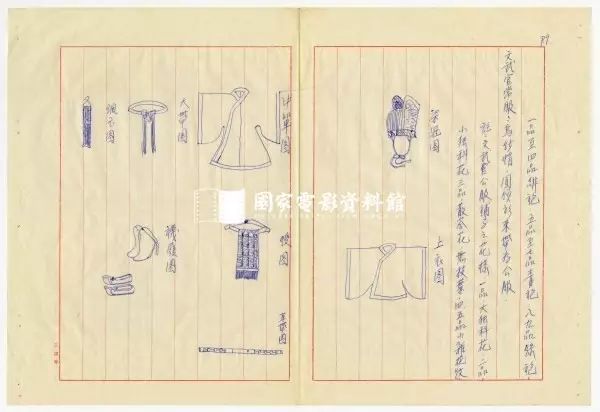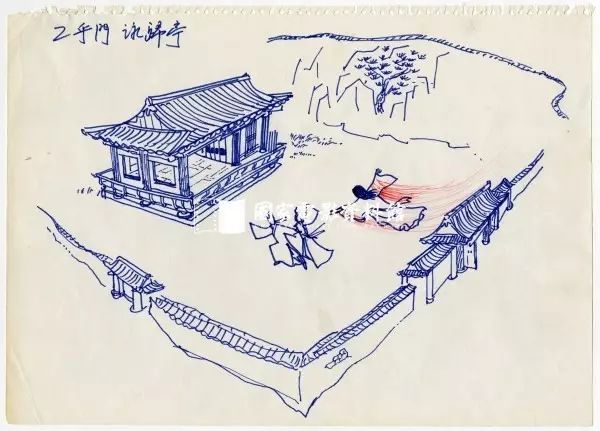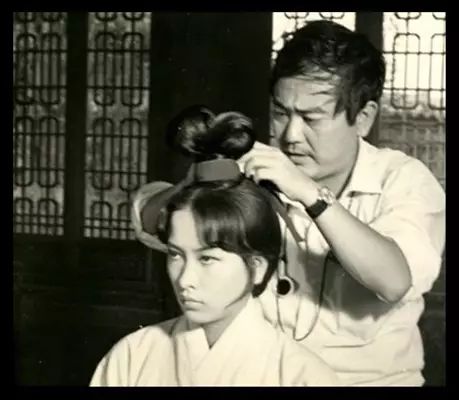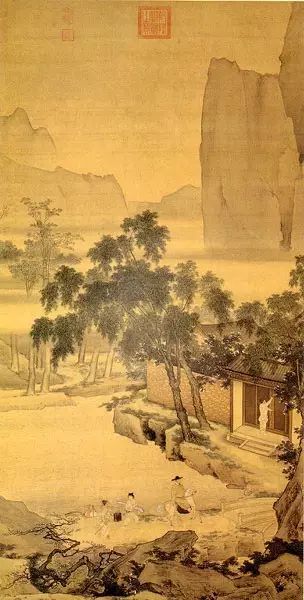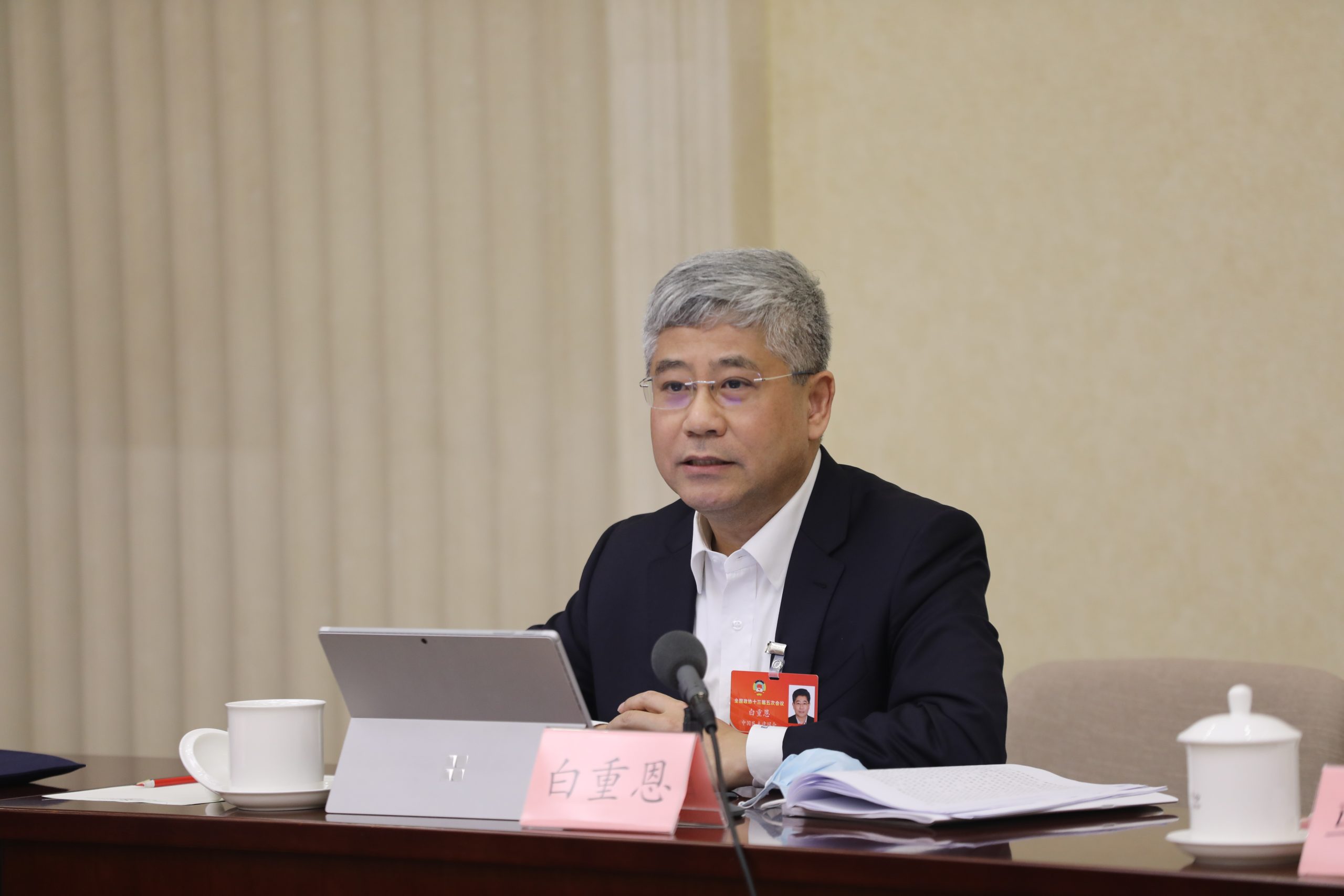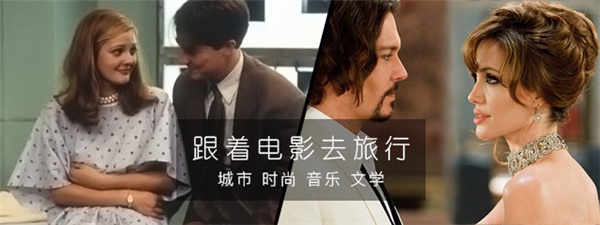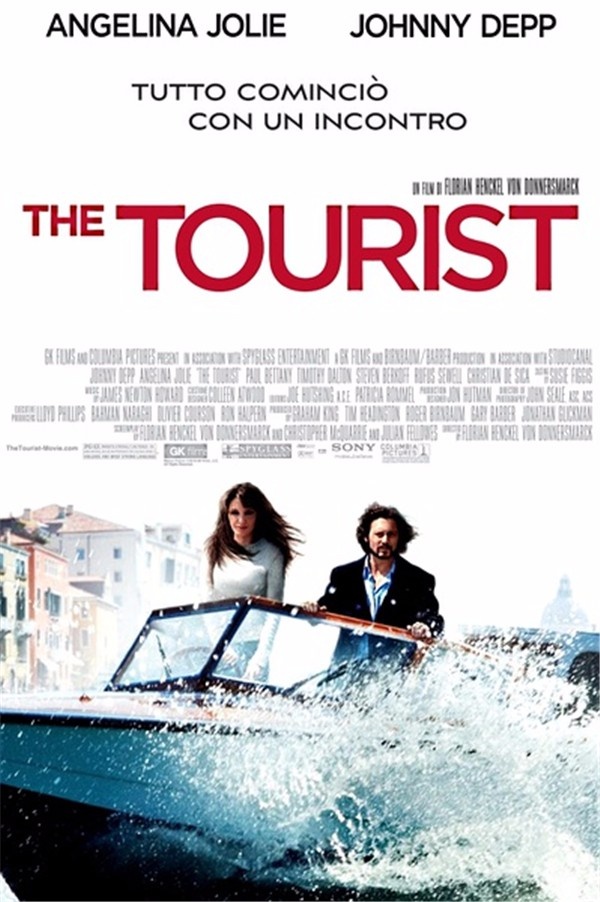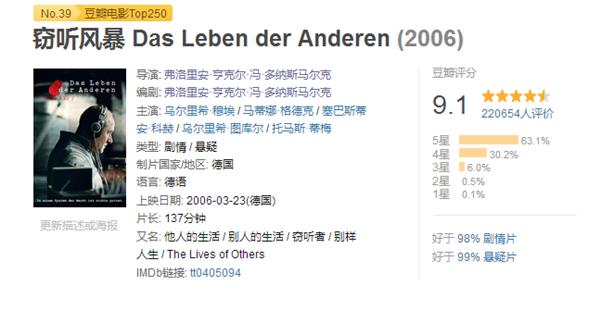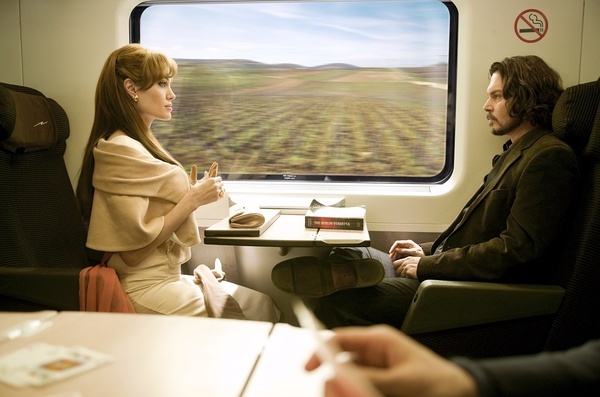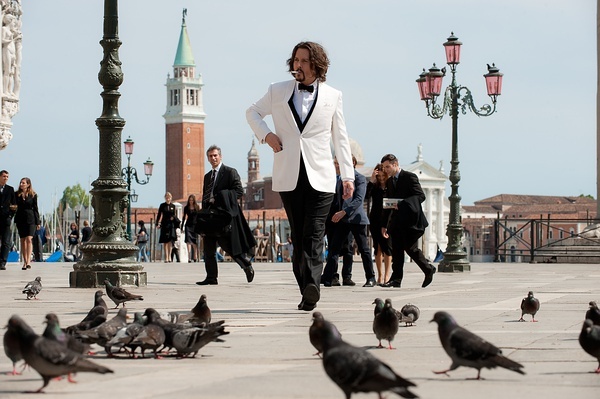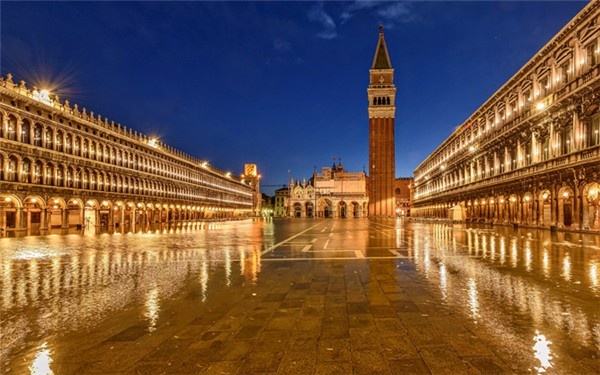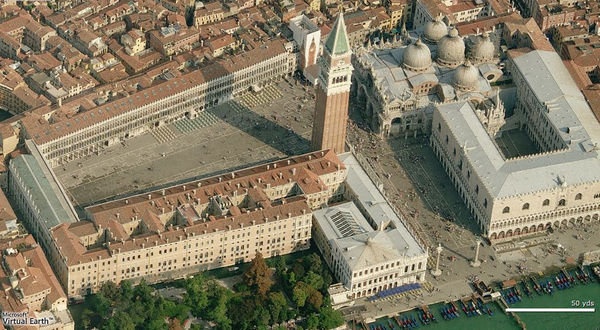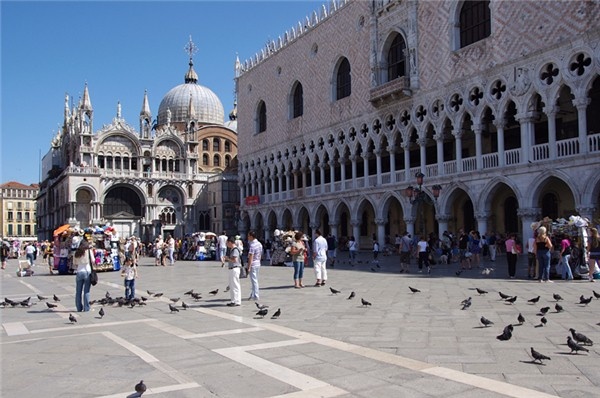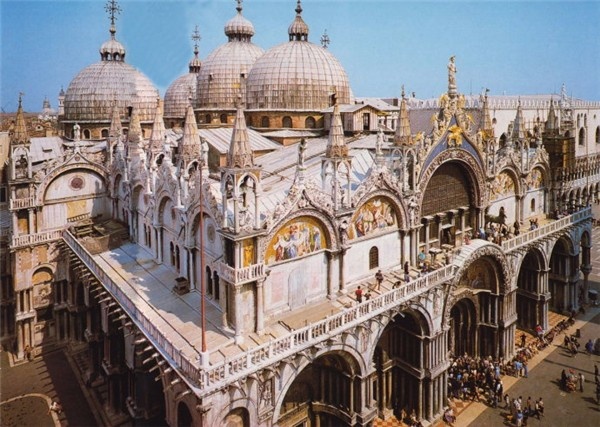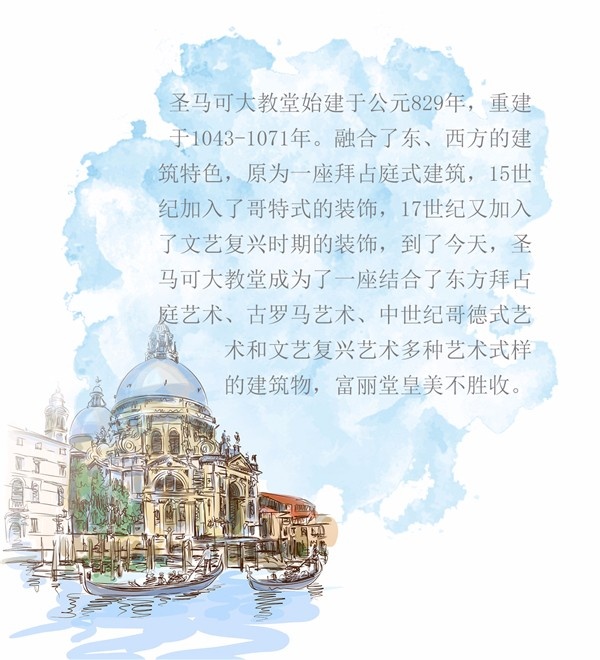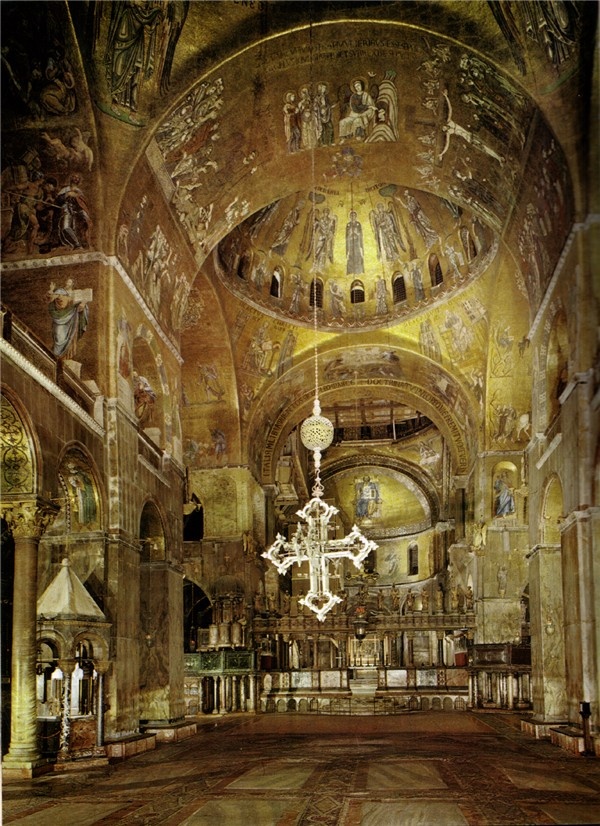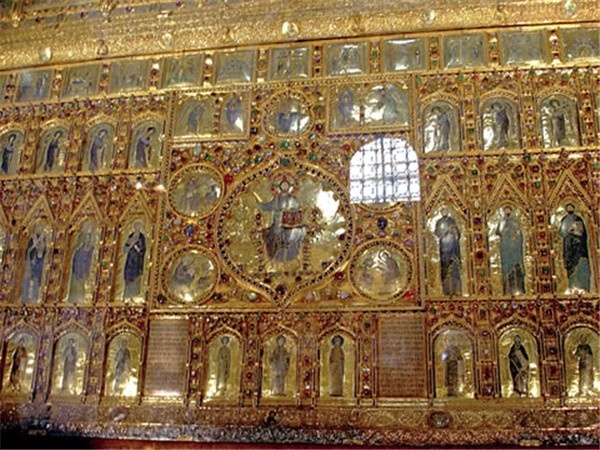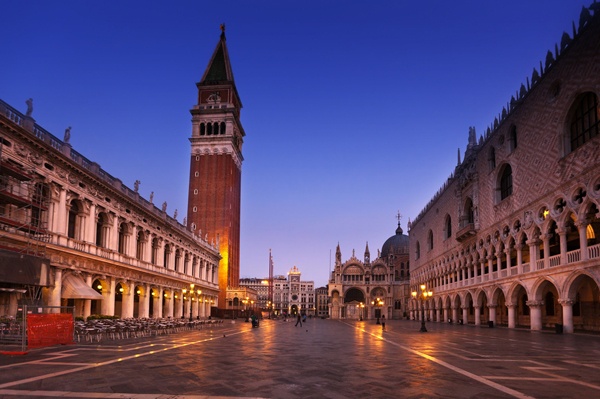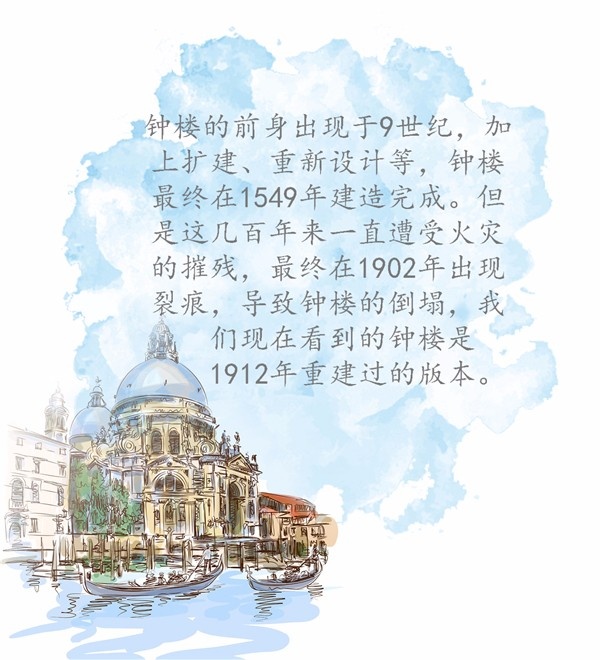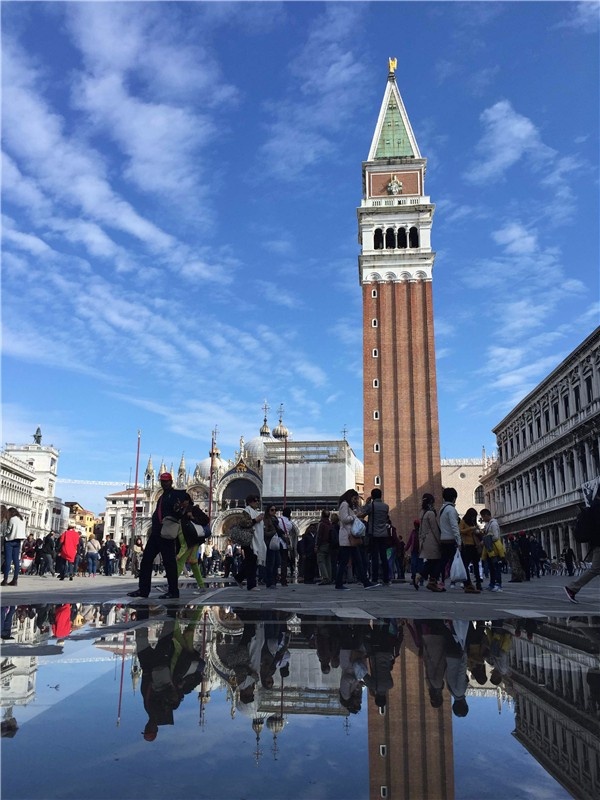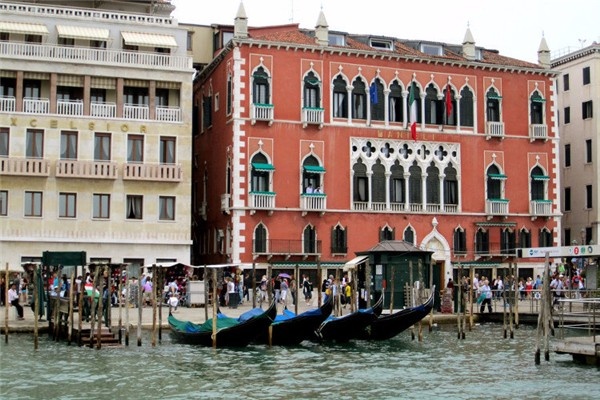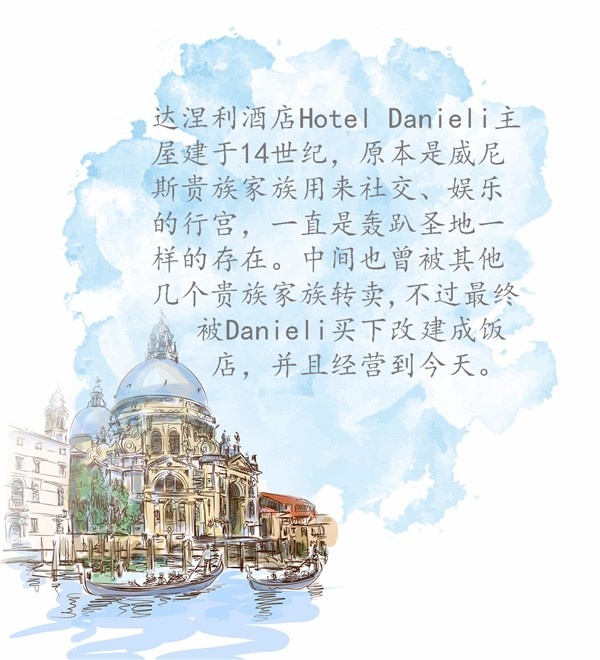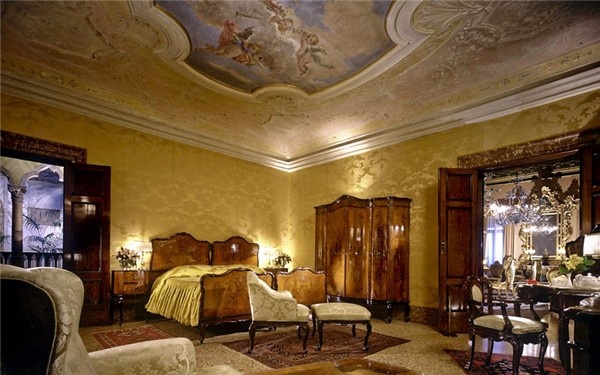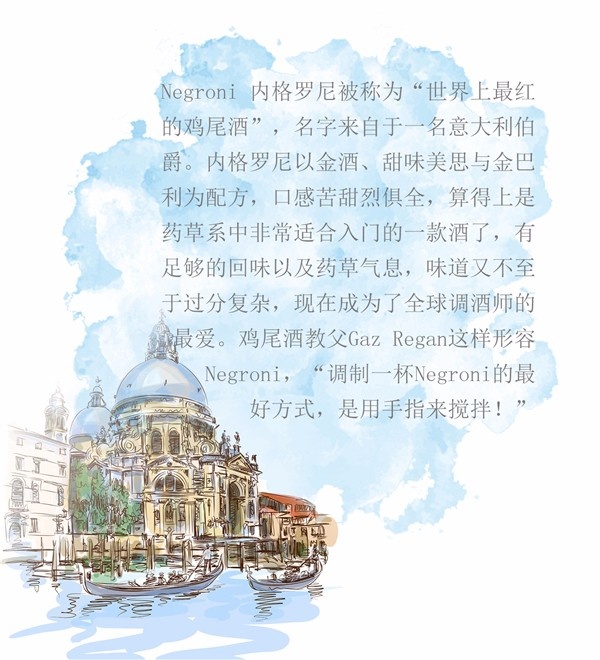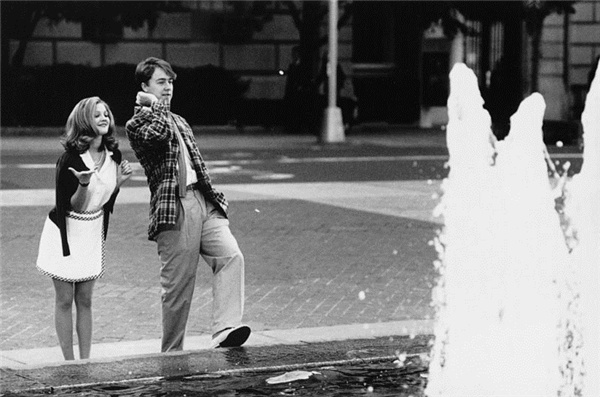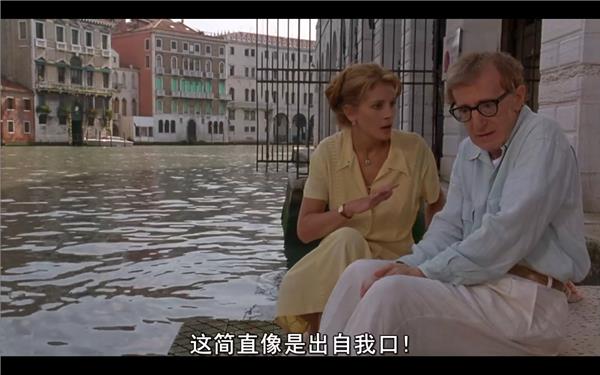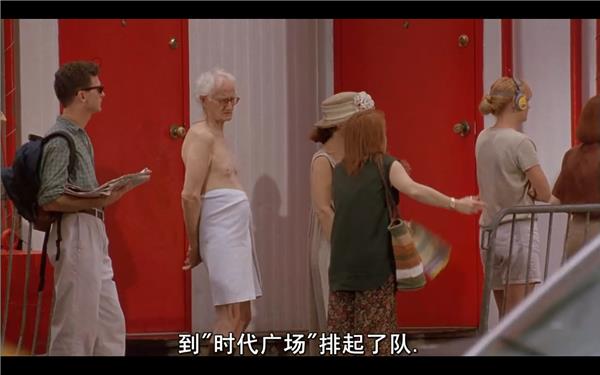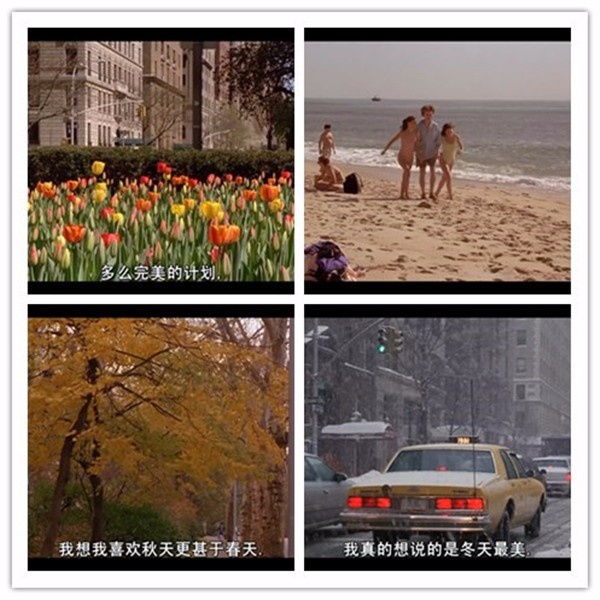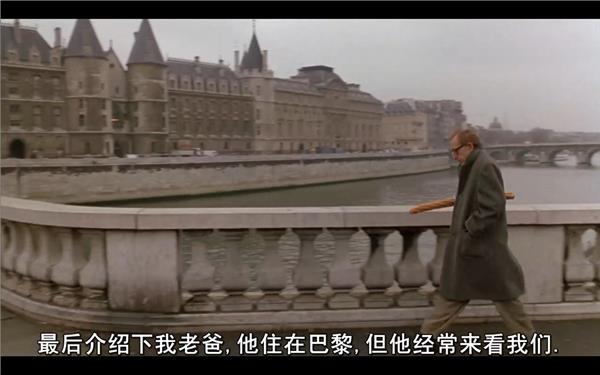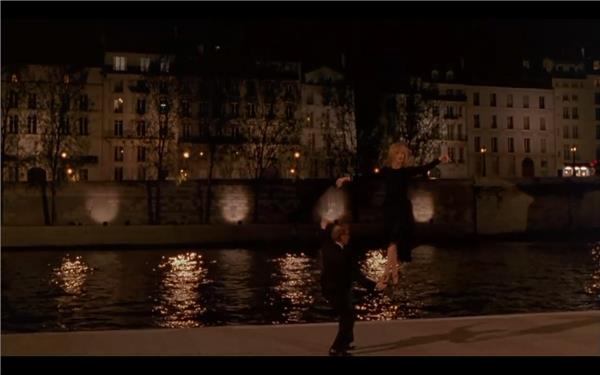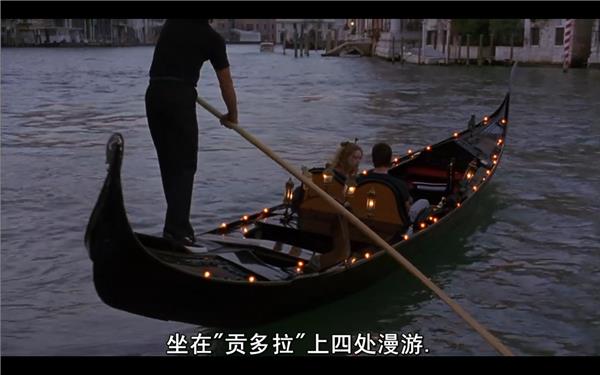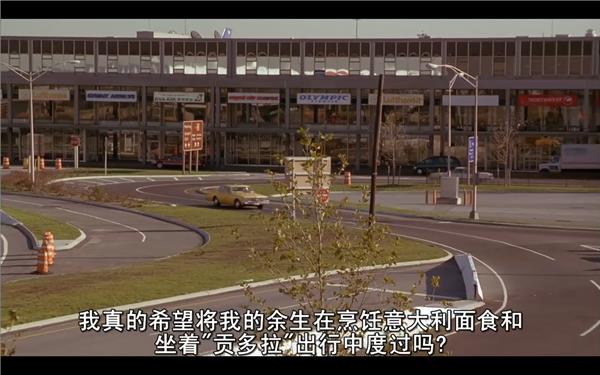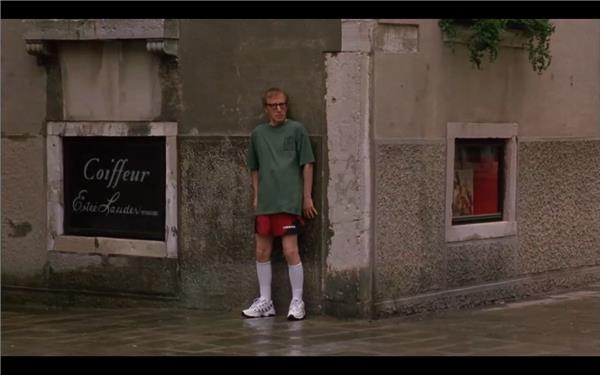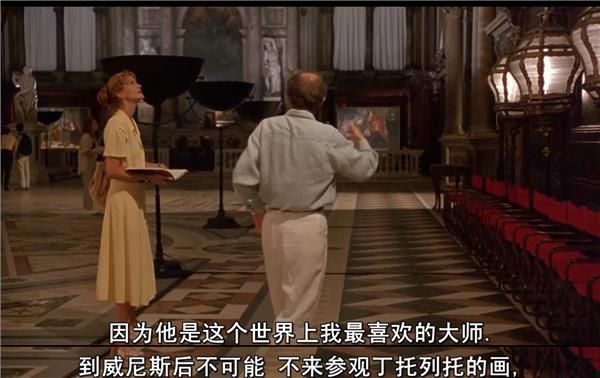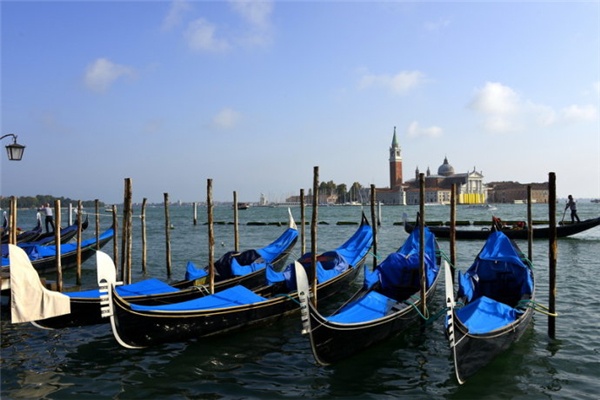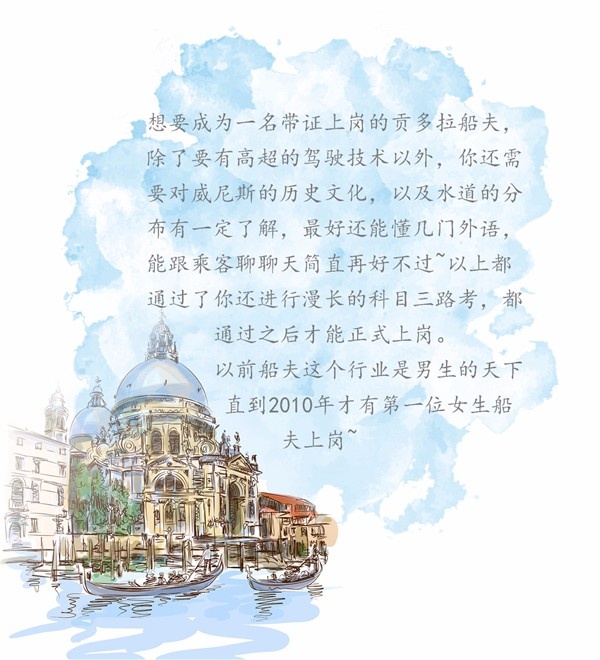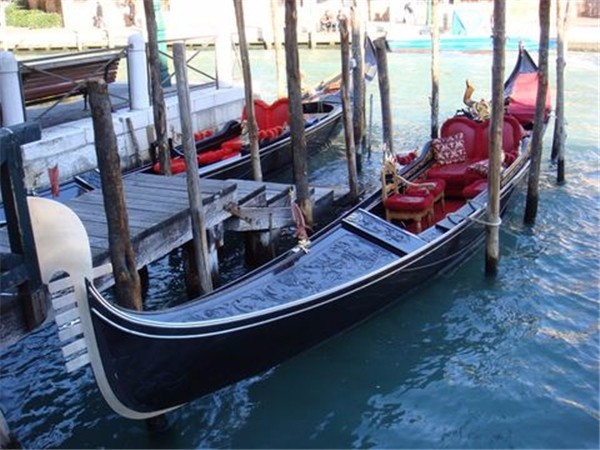Reporter | Quezheng
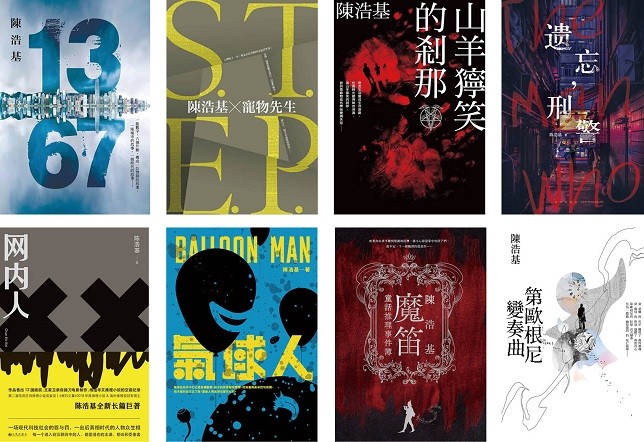
Knowing that I was going to interview Chen Haoji, I felt a little upset-it was the excitement that IQ 100 was about to be crushed by IQ 200. The writer said that if you like to eat eggs, you don’t have to know the hens that lay eggs. But if an egg is delicious enough, believe me, you will still want to know the hen.
Chen Haoji’s books have not been imported from the mainland. At present, there are only two books, Forgetting Interpol by Xinxing Publishing House and My Insider by Kyushu Publishing House. Although the most famous "13.67" has not yet been introduced, those who have read this book must have been shocked by it: how did this reasoning achieve both "original style" and "society", and finally inserted a "narrative paradox"?
Why do you like Chen Haoji? The reason is very simple. He is the first Chinese mystery novel that is not disappointing after reading it. This may be a bit harsh, but when you see some authors, building a mechanical secret room can kill an entire engineering team; Some authors deliberately show off their criminal investigation knowledge, which seems to be cramming temporarily; Some authors, blindly pursuing the number of reversals, are completely illogical; Some authors have entangled 50 pages with a little trick that is not excellent … If you open Chen Haoji’s book again, you will be easily moved by his lightness and forget those authors who will only torture you repeatedly with craftsmanship.
As a mystery lover, Soji Shimada Prize, Mephistopher Prize and japanese mystery list "This mystery novel is amazing!" Always pay more attention. Chen Haoji has won many famous prizes like this-the first prize of the 7th Taiwan Province Association of Mystery Writers’ Essay Award (The Chamber of Bluebeard) and the second Soji Shimada Mystery Novel Award (Forgotten? Interpol), in 2018, "BEST 10 of Overseas Department of Weekly Wenchun Mystery Novel" and "BEST 10 of Benguer Mystery Novel" won the first place, "This mystery novel is amazing!" The second overseas writer (Japanese version of "13.67") and the first Asian writer selected for the BEST10 overseas reasoning in the magazine "Weekly Wenchun" of the Japanese Literature and Art Spring and Autumn Society in 40 years … In addition, he also has the reputation of "the first person in Chinese reasoning".
But these are not as good as his novels "Killing Invisible" —— from Forgetting Interpol, 13.67, The Insider, S.T.E.P, The Moment of Goat’s Grinning, Variations on diogenes to the newly published Balloon Man, The Magic Flute: A Book of Fairy Tales ——— killing readers.
I have always disliked writing exclusive interviews with pure questions and answers. For one thing, I feel that I am lazy and lack of second creation. Secondly, the answers of the interviewees are often better to read after editing and polishing. But Chen Haoji is an exception-he made me understand that IQ 100 and IQ 200 should not be confronted, just wait quietly to be crushed. As for why you should write something at the beginning of the question and answer, I think it may be that an IQ of 100 has the dignity of 100.
The "programmer" thinks another thing.
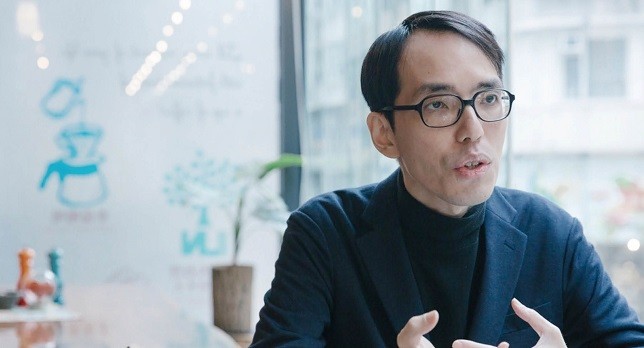
Xinmin Weekly: What’s the recent ongoing creation? Has the creation been affected by the epidemic?
Chen Haoji: I just finished and published a new work, The Magic Flute: A Book of Fairy Tale Reasoning. It is a series of sequels of my works, Jack’s Magic Bean Killing and Blue Beard’s Chamber of Secrets, which were shortlisted and won by the Taiwan Province Association of Reasoning Writers ten years ago. It is an adaptation of fairy tales based on medieval Europe. At present, in the chores accumulated before cleaning up. The epidemic situation has both an impact and no impact on creation. What has an impact is that I can’t go out to find a coffee shop to change my environmental work. What has no impact is that I have to meet the deadline regardless of the epidemic situation. (wry smile)
Xinmin Weekly: You graduated from the Computer Science Department of the Chinese University of Hong Kong and worked as a programmer after graduation. Is it helpful to learn computers well to create mystery novels?
Chen Haoji: I think so. Writing programs and programming emphasize the programmer’s imagination of building software in advance, thinking about the reasons when the program encounters problems, and figuring out the mistakes by experiments, which are very similar to creating mystery novels. Even a "code farmer" doesn’t deal with the whole project. When programming a widget, he has to think about the input, output, algorithm and Error Handling mechanism of the widget. If it is a mystery novel, the input and output are like the appearance of the mystery, the algorithm is how to execute the trick, and the error handling is the rationality of thinking.
I especially like to take error handling as an example to illustrate. Suppose there is an App that asks users to enter the amount. Most people will think that this is very simple, and there are no mistakes to be dealt with. But what the programmer thinks is another matter: what should the system do if the user inputs non-numeric words? What if I enter a negative number? Even if nothing is entered, how should the program respond? These thoughts can be applied to the characters in the novel. For example, if the author thinks that the prisoner will do something, he must also think about "if the prisoner doesn’t do something", so that the story will be reasonable.
Xinmin Weekly: Some writers like to get creative inspiration from news materials and social research (such as Keigo Higashino), while others mainly rely on their huge imagination (such as K?ki Mitani). I wonder which one you belong to?
Chen Haoji: I think I have both. The former accounts for a large proportion, about 7 to 3. News materials are very useful because they can give great inspiration to the author. More importantly, "because readers are human beings", human beings think about problems from a realistic perspective, so using real events as blueprints or sources of inspiration will easily resonate with readers. Of course, imagination is also very important. After catching the inspiration, imagining the unrealistic but convincing plot is the key to making the work interesting.
Before I wrote "The Insider", I referred to some cases in which minors were molested. In addition, the bridge where corrosive liquid was thrown at high altitude in "13.67" was inspired by real cases. In fact, the so-called investigation work is just reading newspapers and magazines. At most, I can take a look at the streets in the story. After all, I am not writing a crime documentary novel, and there is no need to ask real prisoners or victims questions. However, I tried to discuss poison with a familiar doctor. Once I got sick while writing, I asked some toxicological knowledge when I saw the doctor. As a result, I talked about poison for ten minutes instead of one minute. (Laughter)
Xinmin Weekly: You mentioned in the postscript of Variations on diogenes that you don’t want to write a purely "Whodunit" mystery novel. Why?
Chen Haoji: I have never liked the Whodunit mystery. Basically, mystery novels are composed of Whodunit (who is the prisoner), Howdunit (how to commit a crime) and Whydunit (what is the motive), and the truth that readers pursue is the answer to these three, which may be complete or only one.
Whydunit and Howdunit are not limited in scope, but Whodunit is actually "picking out an element from a ‘(Set’" (looking for a prisoner in the appearance role)-even if the author can play this set by different means, such as defining a "subset" (deleting the role that cannot be a prisoner, locking the suspect in a few people) and "empty set" (the prisoner does not exist, The incident is suicide or accident), "power set" (there is not only one prisoner, but also a group of people or even all of them)-the real murderer must also be one of the elements of this "set". If the prisoner lives outside this basic "set", it will violate the basic conditions of Whodunit. If the prisoner is not in the role and the ending suddenly appears, the reader will feel cheated. However, listing the suspects early in the morning is just a chance game. There are always people who can guess by feeling without understanding the reasons, thus weakening the "surprise" of the outcome.
The modus operandi of committing crimes can be endless, and the motives can also be greatly changed, but "who is the prisoner" is limited. I think the Whodunit trick has been almost exhausted by reasoning writers. Although there are still writers who can create new ideas on Whodunit, they are always a little changeable.
Xinmin Weekly: Will you be more inclined to "social" school than "Ben Ge"?
Chen Haoji: Actually, I’m really not a social theorist. I write about social school, but at the same time I also write about pure prototype. It’s just that works with social school elements happen to attract more attention. Or this is the fact that teacher Soji Shimada is concerned about-nowadays readers tend to read mystery novels with social elements, and pure case reasoning has become a minority interest, so even publishers choose the former more. After all, they want to make money in business.
Xinmin Weekly: The division between Benge and society has existed for more than half a century now. Do you think that reasoning or mystery novel has evolved more factions? What other ways can we seek innovation and change in the future?
Chen Haoji: The concept of dividing the case and society actually comes from Japan. This is not to say that there is no division between European and American mystery novels, but the classification of the latter is not as clearly divided into two sects as Japan. Chinese reasoning is deeply influenced by Japanese reasoning, so we are all used to using Japanese classification, but in fact, there are more classifications in Europe and America, such as "Hardboiled Detective" and "Noir". If these are put in Japanese, they will probably be regarded as social factions, but there is also the type of "Cozy Mystery"-I just picked up the translation.
I think Chinese readers are used to dividing the stereotype and social school, not only because they are influenced by Japan, but also because this classification is easy to understand: one is to pursue logical interest and can be unconstrained; The other is to pursue realism and explore realistic themes. However, in fact, even if you are unconstrained, readers will still read Benguer from the perspective of human beings. Even if you pursue reality again, readers will still expect the story to be unexpectedly dramatic and explosive. Therefore, there are many works in between, and the difference is only the amount of weight and which side you prefer.
In fact, I think that the emergence of factions is due to form, and the evolution and reform of form is unspeakable. Let me give you an example that has nothing to do with reasoning: I think many readers have read Mr. Jin Yong’s martial arts novels. Among his characters, the solitary swordsman is the strongest swordsman, and finally, "all plants, trees, bamboos and stones can be swords", reaching the goal of "no sword is better than a sword", and Mr. Jin Yong demonstrated in his works that the protagonist of each novel has practiced a good martial arts to roam the rivers and lakes, but the last The Duke Of Mount Deer protagonist, Wei Xiaobao, has no understanding of martial arts, only knows how to escape, and acts without any chivalrous demeanor. Sometimes I think, is it possible for case reasoning and social reasoning to coexist in one work, and both of them pursue the ultimate? Are realism and unconstrained style completely mutually exclusive? Since there are examples of "martial arts against martial arts", maybe this is not just a fantasy?
Xinmin Weekly: Compared with other tricks, narrative paradox seems to be an act of deceiving readers around. If you don’t do it well, it will cause readers double "hatred"-you are always successful in narrative paradox. What is the experience of "deceiving" readers?
Chen Haoji: I ask myself that I am not particularly successful in narrative paradox, but just ordinary, not as good as many experts in narrative paradox. Readers agree that the narrative paradox of my book was actually deceived by me, but the level of deception is different: sometimes I use narrative paradox, sometimes I don’t, sometimes I write pure books, sometimes I write social schools, and sometimes I write sci-fi fantasy. When readers can’t estimate what route I will run this time, it is difficult to guess. In contrast, I admire a writer who specializes in writing a single type of reasoning. Even if the reader knows the direction early, he is still cheated in an unexpected place. That is really clever. Like Lei Jun’s "Yellow", the first page directly tells the reader that "this work uses narrative paradox", and I was cheated at the end of reading it, which is really amazing.
As for my experience, I think the paradox lies in "concealment", "misleading" and "pun". Most novice writers who write narratives know how to hide, but they don’t necessarily pay attention to misleading. In fact, misleading is very important. Readers have never been able to figure out what the shape in front of them is. You finally tell each other that it is round, which is not as shocking as letting them always think it is square. The key to misleading is pun, which uses the ambiguous nature of words to guide readers to one side, so how to think well of dialogue and description is very important.
In fact, there is a view I really want to share about narrative deception: there are always smart people among readers who can see through all kinds of misleading from the beginning, so every time I write a story, I think, "Even if this trick is seen through, will readers still find this story interesting?" Try to be interesting outside the trick. The deceived readers will appreciate it, and the readers who can see through it will not feel that it is a waste of reading time, so it is easier to gain wide support.
Novelists are like The Devil’s Advocate.
Xinmin Weekly: Is it stressful to be a full-time writer in Hong Kong?
Chen Haoji: I’m lucky that I don’t have any financial pressure at present, but I can frankly say that it’s almost impossible to earn a living as a full-time writer in Hong Kong. The shrinking reading population, small market, high price index and so on are also reasons, especially today everyone has a mobile phone, and the free information on the Internet is flooding, making it more difficult to attract readers to pay. But in fact, this is not just a problem in Hong Kong. All authors in the world are also facing the same challenges. If it is pressure from family members or peers, and "writer" is just synonymous with "no job", I think it varies from person to person. How to plan life and reduce stress, even if you are not a writer, you have to face it.
Xinmin Weekly: Which place in Hong Kong do you like best? What do you do when you’re not writing novels?
Chen Haoji: It’s hard to say which place you like in Hong Kong. I think everyone in the world has feelings for their hometown. If I insist, I will say people who like Hong Kong. Hong Kong people may be snobbish and sometimes arrogant, but they are loyal and human at heart. When I’m not writing novels, I like reading books, watching movies, listening to music and playing video games, and sometimes I write small programs that are convenient for my work or daily life, such as capturing and recording specific online data with Automator of Mac.
Xinmin Weekly: Anie, the hero and hacker detective of "The Insider", likes to eat Wonton Noodles best, and has complicated requirements for Wonton Noodles, such as "Big Rong with green buttons at the bottom, soup on the other side, rape with oil". Is this from your own experience? What kind of food would you like yourself?
Chen Haoji: Because I have gastrointestinal problems, I used to avoid eating only light meals for a long time, so I was not very particular about eating. I care more about "food that won’t hurt my stomach after eating" than "favorite food". In fact, I haven’t eaten Wonton Noodles in recent years. Wonton is no problem. The problem is the Cantonese-style alkaline water surface, which sometimes makes me uncomfortable after eating. Every time I go home, I will eat Wonton River (rice noodles) instead. It is very important to have a balanced diet. Although the fat is delicious, I can’t eat a plate of steak now. Too much meat will hurt my stomach. Every meal should have starch (rice, noodles, bread, etc.) and vegetables.
Xinmin Weekly: What will make you feel most fulfilled? What will you do if you encounter a bottleneck in writing?
Chen Haoji: In terms of sense of accomplishment, I think it is the moment when I finish my work. Although the publication of the work, the praise of readers, the translation into a foreign language and so on are also very fulfilling, I think the moment of "telling the story well" is the best for a person who likes to tell stories. Being recognized by editors and liked by readers is just icing on the cake. Or to put it another way, if Sir Conan Doyle hadn’t written Sherlock Holmes, after his death, Sherlock Holmes, a character who once lived in his head, would have disappeared forever, but because of his writing, Sherlock Holmes, Watson, moriarty, Lestrade and so on could leave his mind and live in human civilization forever. Therefore, the creative process of "visualizing the idea in the void through words" is great. Even if the work has no readers at the moment of completion, the concept has been transformed into physical objects, which is undoubtedly an achievement.
As for the bottleneck, I think I should first say that many people think that the writer’s "creative bottleneck" is equivalent to "no inspiration", but I don’t think so, at least not for me. My bottleneck is "no feeling". I have the habit of recording my thoughts on weekdays. When I think of interesting ideas, I will write them down. Therefore, when I decide the theme of writing, I often just look for suitable items from a lot of notes. What really bothers me is that sometimes I have written an outline and thought about the details, but when I write it, I find it tasteless and unattractive. I call this "lack of writing touch".
When I have no feeling, I will write something else first, such as writing some very short stories at random and trying to get my feeling back. Sometimes I go for a walk, trying to repeat the plot I want to write in my mind, so that I can be more involved in the story and find out the interesting narrative techniques. I think different writers have different ways to deal with it, and I wonder what they will do.
Xinmin Weekly: I heard that director Wong Kar-wai is going to put "13.67" on the screen. How far is it going now?
Chen Haoji: Actually, I don’t know the details of film and television. I always aim at "the duty of a writer is to write", so I try my best to ignore the adaptation. After all, life is too short. I would rather spend my time writing new works than revisiting old ones that have been completed. However, as far as I know, the length of the story is one of the reasons why Director Wang wants to make a series instead of a movie.
I seem to have different ideas from many writers on the matter of adaptation. My writers and friends usually hope that the adaptation will be as faithful as possible to the original, but on the contrary, I prefer to see an adaptation different from the original. I often say that if the author really cares about adaptation, he should simply be a screenwriter, director and producer himself, so that the film or drama will retain the flavor of the original author. Otherwise, after adaptation, it is not the creation of the original author, but a kind of "second creation". I ask myself that I can’t be a director, so I’ll leave it to the professionals of film and television, and I’ll just be an audience.
Xinmin Weekly: In recent years, it seems that your creations are mostly combined with science fiction, such as Survivor, Balloon Man and The Devil’s World, which gives people a feeling like the English drama Black Mirror, which means "the curse of science and technology"? Do you usually like sci-fi novels or TV dramas?
Chen Haoji: I really like science fiction, but I think that in recent years, many mystery works, no matter my humble works or the works of other writers, often have some sci-fi elements or scientific and technological ideas for two reasons: First, many tricks of mystery novels have been used by predecessors. To break through the bottleneck, we must add some new logical elements, and science fiction is just right; Second, we are actually living in a science fiction era. When I was a child, about 30 years ago, I read some picture books depicting the fantasy of the future. It was said that people would have a super-tech watch with telephone function, which could get information, and if the wearer had an accident and was stranded in the Pacific Center, he could still use the watch to know his position and send out a distress message. As a result, these "fantasies" have not only been realized, but also gone further than imagined-the Internet, electro-mechanical prostheses, brain-computer interfaces, and folk spaceships, which were still "science fiction" 30 years ago, but are now a reality.
As for the "curse of technology", in fact, the focus is not on "technology", but on "curse". Ian Rankin, the "king of Scottish crime novels", once said that "novels are writers’ inquiries about reality". It is because of the rapid development of science and technology that writers have to "pull back" and ask "Is this really okay?" Make people think. There is a term "Devil’s Advocate" (The Devil’s Advocate) in English. The original meaning is that the Catholic Church wants to canonize a deceased person. One person in the Holy See must raise an objection and try his best to find out the faults of the nominee before his death, just like slandering the nominee who should be canonized for the devil. This practice is to prevent the Vatican from seeing only the good side of someone and making people who are missing wrongly canonized. This term later evolved to refer to "someone who plays the devil’s advocate in a certain plan", but the existence of this The Devil’s Advocate is actually a gatekeeper to prevent trouble from breaking out afterwards. I think novelists have the identity of The Devil’s Advocate: "curse" is as negative as "devil", but when technology seems to have only a good side, someone must question it, because we all hope that trouble will only appear in fiction, not in reality.
It is ideal to have readers in a hundred years.
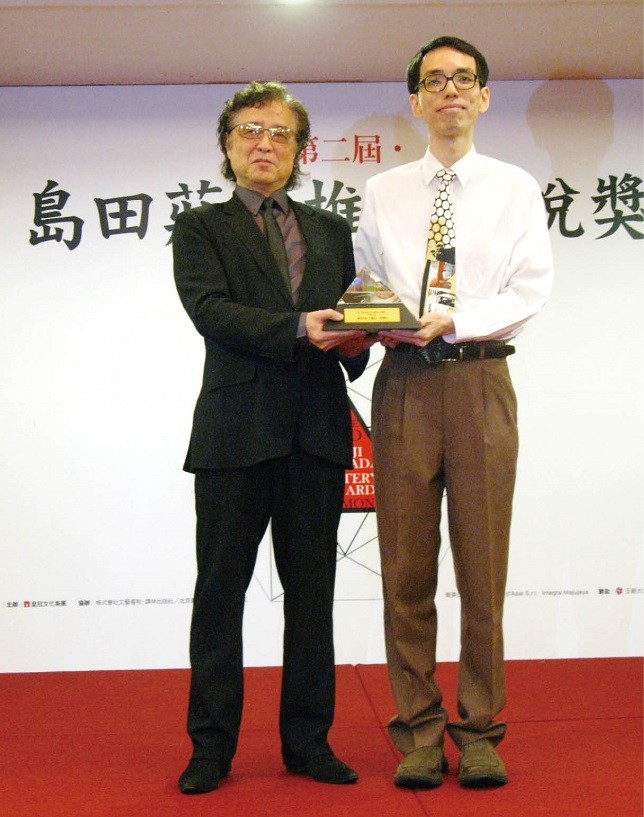
Xinmin Weekly: Who is the reasoning writer who has the greatest influence on you? What aspects of your creation have TA influenced?
Chen Haoji: I think it’s Mr. Seishi Yokomizo. Today, whenever someone asks me which reasoning work I like best, I will still answer Prison Gate Island without thinking. Even from today’s point of view, his technique of laying out an ambush pen is still very clever, and his atmosphere and role setting are also very attractive. The reason why Prison Gate Island always ranks first in my mind is that, in addition to the interesting and exquisite tricks, it is more important that the author "localized" a certain model of western reasoning perfectly-the prisoner’s motivation in this story would seem a bit inaccurate if placed in other countries, but it is convincing if placed on a backward island in Japan after World War II. This "localization" and "cultural transfer" is exactly what I have been pursuing.
Xinmin Weekly: What is your favorite mystery/suspense movie?
Chen Haoji: There are many favorite mystery or suspense movies. It’s a little difficult to find a favorite one. I like Hitchcock’s "North by Northwest" and Jin Min’s "The House Without Hemp" very much. In addition, the Indian mystery film TE3N, which is a remake of a Korean film, is also wonderful, and the details of reasoning are better than the original, and Amitabh Bachchan’s acting skills are really amazing.
Xinmin Weekly: What’s the other people’s reasoning/mystery novel you’ve been reading recently?
Chen Haoji: I just read The Detective Lost in the Vegetable Market, a collection of essays awarded by the 18th Taiwan Province Association of Reasoning Writers. This year’s finalists come from all corners of the country, including authors from Chinese mainland, Taiwan Province and Hongkong, as well as Malaysian writers, with diverse themes.
In addition, I’m reading Steve Cavanagh’s Eddie Flynn series-The Defence, The Plea, etc.-The court reasoning of wits is very attractive, and the third episode of The Liar will soon be published in traditional Chinese.
Xinmin Weekly: Are there any domestic mystery novelists who are concerned about it? Do you think that Hong Kong, Taiwan and the Mainland have their own characteristics in the creation of mystery novels?
Chen Haoji: I haven’t seen many works in China, but I’m very concerned about Teru Shimada Prize winner Lei Jun and finalist highland barley, and I’m also very concerned about Lu Qiucha, which is quite popular in Japan. Although I haven’t finished reading "Literary Maiden to mathematical girls" by Lu Xiong (I was busy before, so I only took time to read the first two articles in the book), I found it very interesting, and the pattern and breakthrough point are very delicate, so it is not easy to write after the case-based reasoning. It is reported that he used to be a member of the Inference Association of Fudan University. In addition, I have heard that many prominent new inference writers come from the same association, which makes me think that Fudan Tui Association will not be the cradle of first-class inference writers and critics like the Inference Research Society of Kyoto University in Japan. So I’m also a little concerned about Fudan Push Association. In fact, I am also interested in the works of many highly acclaimed writers, such as Zhou Haohui, Remy, Wang Jiajun, etc., but I haven’t had a chance to contact them yet (I have read some of Wang Jiajun’s short stories), and I will definitely buy them one by one in the future. The sea of books is boundless, and there are so many works to be read or want to read.
I think the characteristics of mystery novels in Hong Kong, Taiwan and the Mainland have not been clearly understood for the time being, because Chinese reasoning is a very "young" genre. Japanese reasoning has developed since World War II, and those in Europe and America can be traced back to the Murder in Moge Street 180 years ago. They all experienced the baptism of years before they gradually presented their unique personalities. Although Chinese reasoning can also be traced back to the works of Cheng Xiaoqing or Sun Lihong in the 1930s, there was a long blank period after that, and it didn’t revive until nearly 20 years, and we all imitated the mature European, American or Japanese reasoning route. In fact, writers from Hong Kong, Taiwan and the Mainland are striving to challenge different types. I am more glad that we try different styles and look for various possibilities of reasoning than to establish the characteristics of individual regions.
Speaking of which, I feel that the "first" of "the first person in Chinese reasoning" only means "first" rather than "top". I firmly believe that there will be more and better writers and works in the future, which will sweep more awards and titles. It is because everyone competes with each other to learn and communicate that Chinese reasoning can progress. After all, that’s how Japanese and European and American reasoning came about. In the near future, Japan may have a Chinese reasoning craze after the French and Nordic reasoning craze, depending on whether we can continue to work hard and publish good works every year.
Xinmin Weekly: Over the past 100 years, the masters of reasoning have created many classic models, such as the Chamber of Secrets, Blizzard Manor, trains, planes and ships, easy chair detectives, challenging readers, and anti-reasoning … Do you want to challenge or imitate the previous models? Do you think there is any new pattern that can be broken through?
Chen Haoji: I think every reasoning writer wants to challenge or parody these predecessors’ patterns, but in fact, aren’t we always challenging and inheriting the patterns of Edgar Allan Poe’s five works? Mystery novel is a genre that skillfully uses readers’ blind spots to create a sense of surprise. When readers have established impressions of the "classic model", these impressions will become blind spots, and writers can write a lot of books.
As for "new pattern", I think this word is a bit ambiguous. Mr. Ayatsuji Yukito’s The Ten Corners Pavilion Incident uses Agatha’s no one lives as a blind spot. Is this a new pattern? For the readers of reasoning, of course, forget it, because it is this work that revives Benge. The publication of The Ten Corners Pavilion Incident in 1987 is called "the first year of the new Benge". But strictly speaking, the type of "that trick" in the Ten Corners Pavilion is not unprecedented. Agatha wrote it, and Lu Brown, who was earlier than Agatha, also wrote it (of course, Teacher Ling Zhi used it better). I think the "breakthrough" is actually decided by the readers, just as Seicho Matsumoto introduced social reasoning with realism as the main axis when the anecdotal stereotype reasoning was rampant and the quality declined, which set off a wave and became a new pattern, which was more related to the changes in Japanese society, political situation and national living standards at that time.
Going back to what I mentioned earlier, I guess the integration of science fiction/science fiction and mystery novels will become another mainstream. Or it just echoes the "21st century model" advocated by teacher Soji Shimada.
Xinmin Weekly: As a popular novel writer, will you study "what style and elements are the most popular at the moment" to make your book more popular in the market?
Chen Haoji: I will pay attention to the trend, but frankly, I care more about whether the theme and elements of the work can last forever than to cater to the popular style. Novels are not like clothes, ornaments or street snacks, and it is impossible to make money just by chasing a trend-I can’t deny that some authors do write such trend-following works, but for aspiring writers, it is ideal for their works to have readers after five years, ten years, twenty years or even a hundred years. Aren’t we still reading Lu Xun, Ba Jin or Zhang Ailing? We will even read the stories of "San Yan Er Pai" more than 300 years ago. Some people may say that Lu Xun wrote a pure literary novel, which is different from popular novels. However, articles such as "Selling Oil Lang monopolizes the flower base" in Awakening the World are not necessarily very literary. Is it also a "popular novel" in the late Ming and early Qing Dynasties?
And more importantly, I can’t finish a work quickly. If I notice a certain trend and plan to "hitchhike" to write a story, it’s probably that the tide will have ebbed by the time I finish (laughs). The trend of this year, come quickly, go faster. (Reporter Zheng Zheng)

